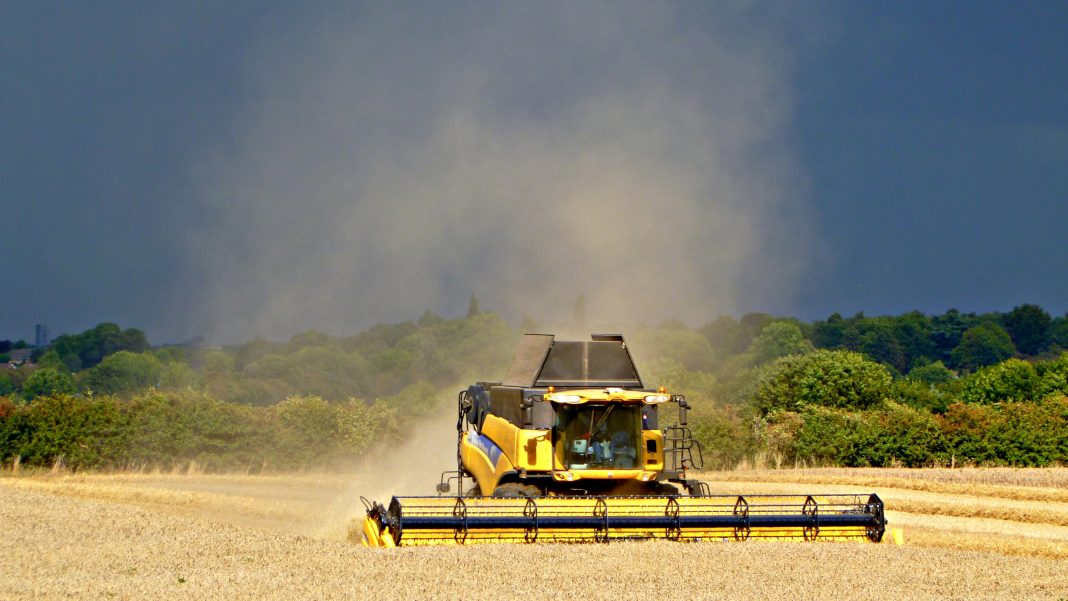The UK’s agriculture sector faces challenges and opportunities as a result of Brexit. It will need to overcome challenges posed by leaving the EU’s Common Agricultural Policy (CAP), not least as CAP funding currently supports many farms across the UK. Repatriating agricultural policy-making to the UK will also require careful consideration of the needs of the industry, future trade agreements and the devolution settlements.
These changes will affect an industry which by its very nature must make long-term business decisions. A transitional period is needed to allow farmers to survive and prosper post-Brexit. These are among the findings and recommendations of a report, Brexit: agriculture, by the UK Parliament’s House of Lords EU Energy and Environment Sub-Committee. Commenting on the report, Lord Teverson, who chaired the Sub-Committee up until the UK general election was called, said:
“Post-Brexit the UK’s agriculture and food sectors face enormous challenges. Life after the EU’s Common Agricultural Policy will not be easy for the many UK farmers who rely on its financial support.
“But leaving the EU is also an opportunity for the UK, and its constituent nations and regions, to move away from the EU’s ‘one-size-fits-all’ policies on farming and food. We will be able to really think about what we want to do with agriculture, food and the environment.
“Trade – especially with the EU – is really important for the agri-food sector. It is unlikely that a comprehensive trade deal with the EU will be negotiated before Brexit, so a transitional deal is vital to avoiding a ‘cliff edge’ for farmers. The Government and the devolved administrations will also need to be careful that tailored agricultural policies don’t create non-tariff barriers for UK exports.”
Findings and recommendations from the report include:
- Withdrawing from the Common Agricultural Policy (CAP)
The CAP plays a fundamental role in regulating and supporting UK agriculture. Many farmers in the UK rely on CAP funding to sustain their businesses. Wider rural communities also benefit from EU development programmes. But CAP is criticised for being bureaucratic and misdirecting financial support. Brexit presents an opportunity to tailor agriculture policies more closely to the differing needs of farmers and consumers across the UK. UK farmers will also need time and clarity from Government to allow them to adapt to any changes in the regulatory or funding system after Brexit. - Future trade in agri-food products
The EU is the UK’s single largest trading partner in agri-food products – about 80% of the UK’s agricultural exports go to the EU. Post-Brexit, the UK will have to develop its own tariff schedules and negotiate new trading relations with the EU and the wider world. UK farmers risk facing high tariffs and significant non-tariff barriers when exporting, and competition from lower-priced imports domestically. Both tariff and non-tariff barriers could disrupt integrated supply chains between the UK and the EU, and pose a particular challenge for the agri-food sector in Northern Ireland. - Access to labour
The UK’s agri-food sector relies extensively on other EU countries for both permanent and seasonal labour. This labour ranges across all skill levels. Without access to EU labour, both the agricultural sector and food manufacturers will face severe difficulties. This is an immediate challenge, which the Government must address urgently as the UK approaches withdrawal.
The House of Lords EU Energy and Environment Sub-Committee investigated the implications of Brexit for UK agriculture and food, particularly the impact of leaving the EU’s Common Agricultural Policy. It took evidence from key industry representatives, academic experts and the Government in order to identify priorities for a post-Brexit relationship with the EU.
Tim McNamara – @PolicyReviewEU
Tim McNamara is Editor in Chief of Policy Review EU and a senior partner at the political consultancy Peercourt.





